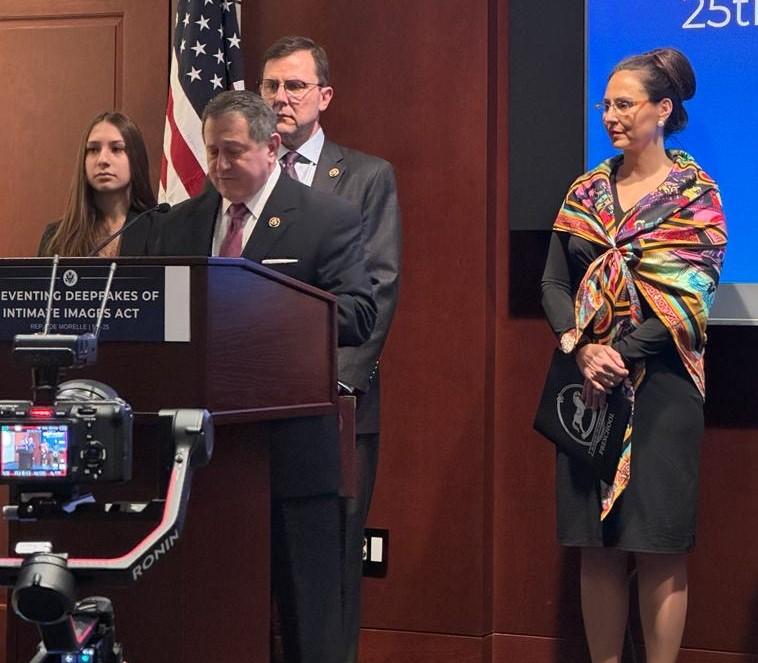Members of the House Committee on Veterans’ Affairs focused on a $20 billion item in the Department of Veterans Affairs’ (VA) $325.1 billion 2024 budget request during a March 23 hearing to assess the Biden administration’s fiscal 2024 funding proposal for the department—and advance appropriations request for 2025.
Panel members questioned VA Secretary Denis McDonough over plans to pull the $20 billion from the fund created as part of the landmark PACT Act enacted in August 2022, which expands health care and benefits to veterans who were exposed to toxins while serving.





